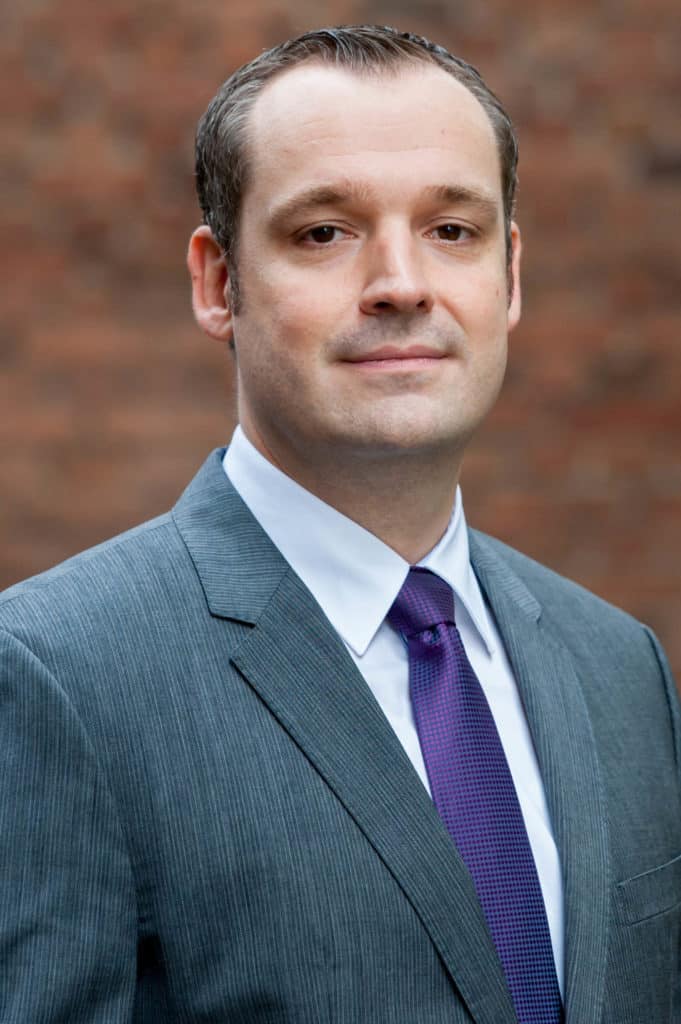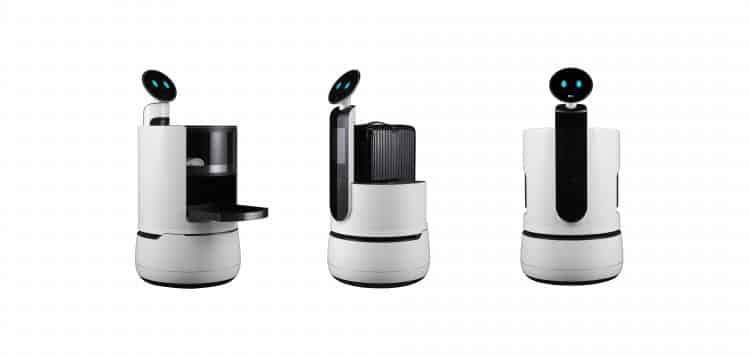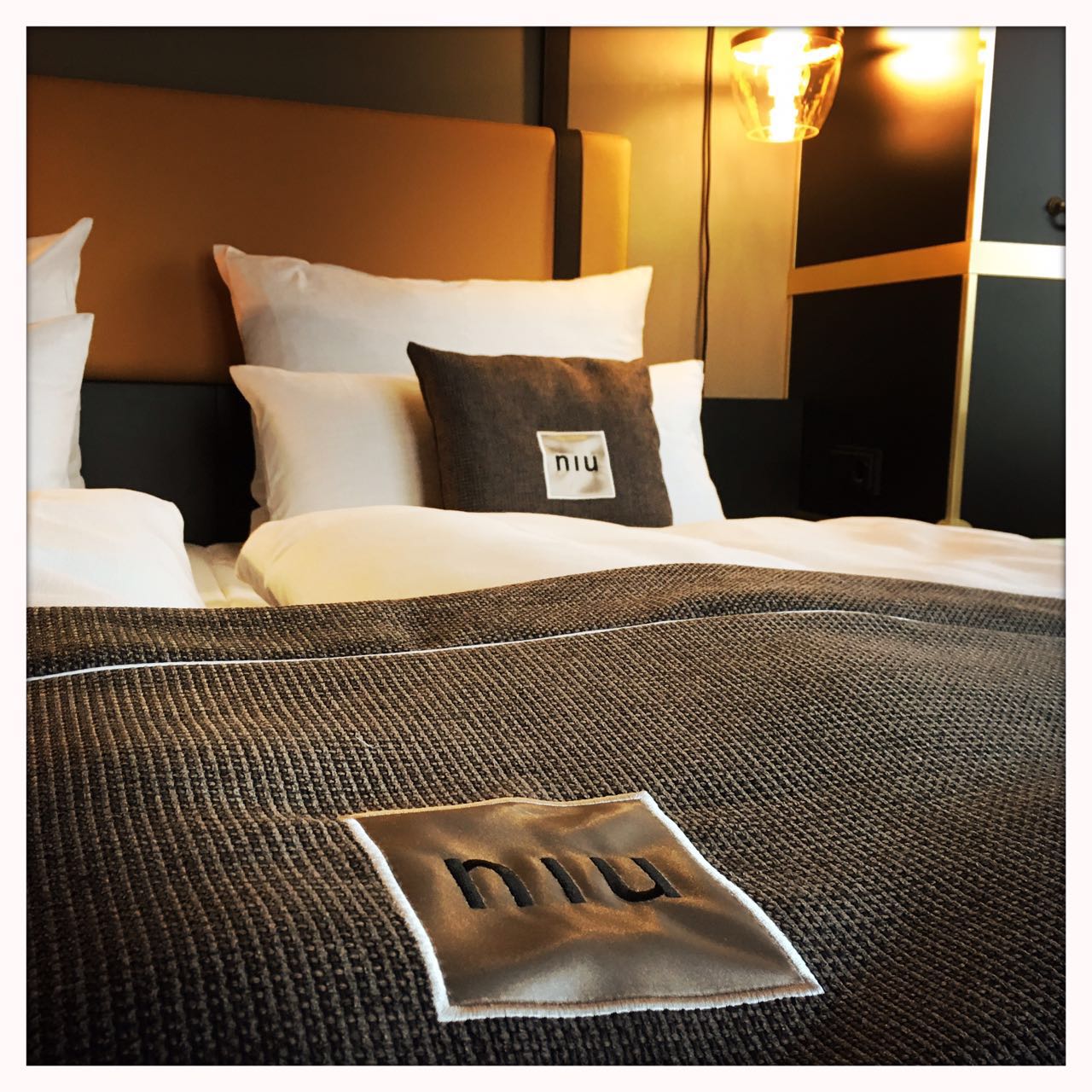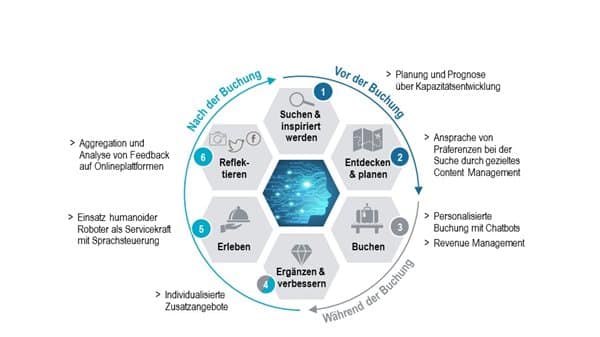Hamburg, Germany – 19 February 2018 –
The signs are pointing to growth: In Germany, a new tourism record was once again set last year with 357.7 million overnight stays; for the eighth time in a row. The hospitality industry is flourishing – sales growth +0.9% – and creating more and more jobs. This persistently positive environment has led to a strong rise in investor interest, which has led to an oversupply of hotel rooms at high costs in some locations.
It has long been clear to market observers that the excessive market growth in Germany, with over 300 new hotel construction projects over the last few years, is leading to fiercer price competition, even in touristically robust city destinations. Entry rates for new comfort hotels of around 80 euros can only cover costs and will have a ruinous effect in the medium term. Efforts by established existing hotels to impose rate structures at a low three-digit level are thus counteracted. The downward spiral in room prices has a negative effect on investment power and employee wages in the long term.
At the same time, there is an interesting opportunity to meet the enormous challenges of efficiency and staff shortages with well thought-out, digitised hotel concepts. Martin Stegner, CIO of the Hamburg-based hotel group Novum Hospitality, which is expanding rapidly with the smart hotel brand niu, is propagating to automate booking and communication with hotel guests. Smartphone apps such as those from Hotelbird ensure smooth, streamlined check-in/out procedures, room door opening, payment processes and standard queries. According to Stegner, what is still regarded today as a new technological standard based on apps will be further automated tomorrow with voice-control and advanced artificial intelligence.

The gradual digitalization of entire work processes will remain a master task for hoteliers in the coming years. After the efficient organisation of direct booking via mobile optimized IBE on the hotel’s own web site, continuous digital communication between employees (e. g. with Hotelkit) and guests (e. g. with Code2order) is imminent. Chatbots and chat facilities such as WhatsApp or Facebook Messenger are also coming to the fore.
Innovation cycles in Travel Technology are becoming ever shorter. Some future technologies such as voice control and AI-based business software are coming sooner than expected, says Roland Berger consultant Vladimir Preveden.
Whoever thinks along and thinks ahead, wants to prove himself as an agile hotelier, has a good chance of a successful transformation also in medium-sized businesses: There are already cooks experimenting with 3D food printers, e. g. for chocolates, or family-runned hotels are using suction robots and in the future luggage robots in housekeeping and service.

In the face of increasing difficulties in finding staff for staff lines, the use of service robots is opportune. LG Electronics recently surprised customers with the new robot series “CLOi”, which can serve trays, transport guests’ luggage in the house and also perform express check-in/checkout.


